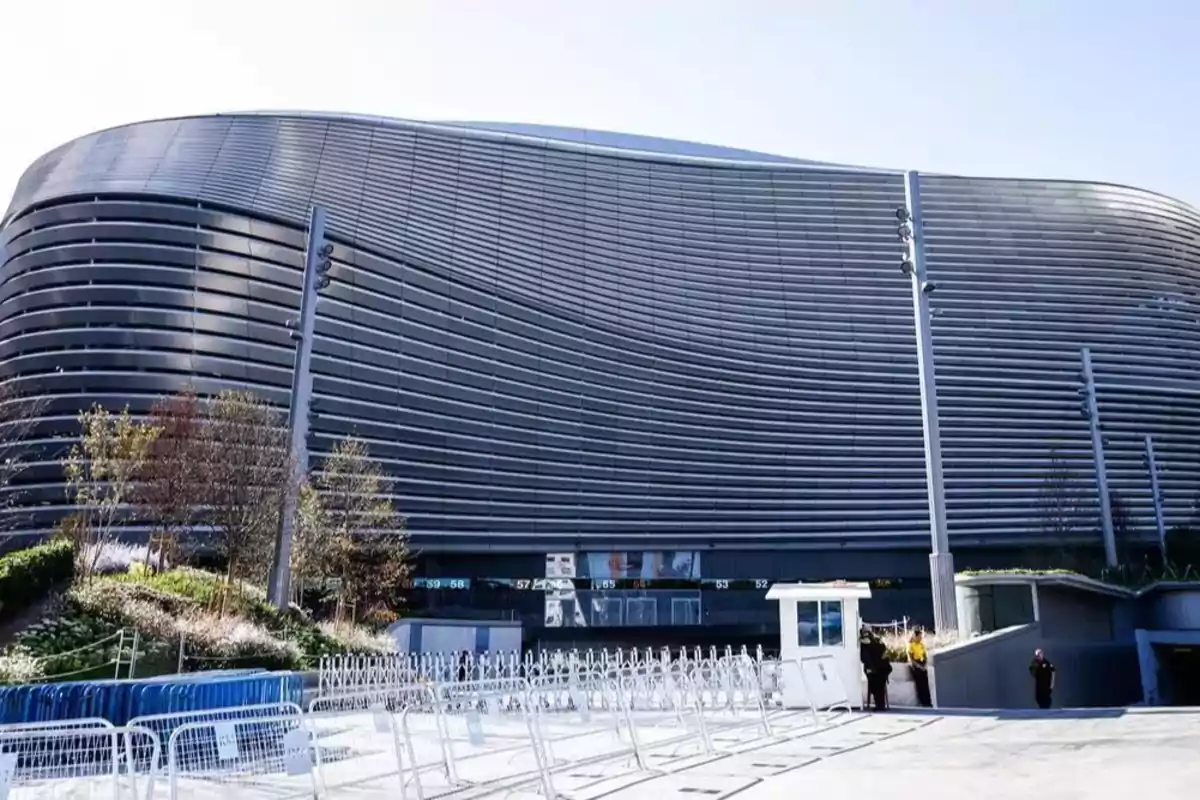
The Santiago Bernabéu stadium: history and evolution of Real Madrid's temple
Everything you need to know about the great story surrounding the legendary Santiago Bernabéu stadium
The best stadium in the world and in the entire history of this sport is, without a doubt, Santiago Bernabéu. Home to Real Madrid for over 100 years, the stadium has witnessed various historic events and, above all, renovations. Although the most recent one has been among the most ambitious, it was not the first to be carried out.
The history of this legendary stadium began, specifically, on May 14, 1924, when Real Madrid left O’Donnell stadium. Moving to Chamartín, the club kept its location there until 1946. That was the year when Santiago Bernabéu stadium, as it would later be named, would begin its story.
Under the leadership of President Santiago Bernabéu, construction of the stadium began on October 27, 1944. The works on the New Chamartín Stadium were completed 3 years later, in 1947. However, over time, the stadium kept changing.
A stadium full of history
December 14, 1947, is the date when Real Madrid's new stadium opened its doors to the public with a match against Os Belenenses. Despite the size of the stadium, the surrounding area at that time was not urbanized. The New Chamartín Stadium had a capacity of 76,553 spectators (70,000).

In 1953, the first renovation took place, increasing the number of spectators to 137,795 (125,000). It was not until January 2, 1955, that the stadium was renamed Santiago Bernabéu. This was a decision made by the board of directors in honor of the legendary president of the team.
The 1990s were marked by several expansions of the lower and upper stands. The year 2000 saw the expansion of the east wing on Calle Padre Damián, with a capacity of 89,000 spectators (81,044). Finally, its last major renovation began in 2019, completely modernizing the stadium.
The constant improvement of Santiago Bernabéu
Currently, with LED screens, a retractable roof and field, and other additions, Santiago Bernabéu stadium has once again been confirmed as the best. With a capacity of 86,000 spectators (78,297), the new look of the stadium has not left behind all the history it has experienced for over 100 years.
More posts: